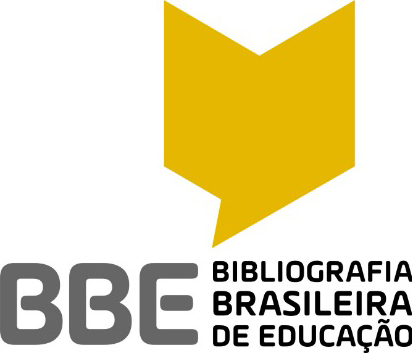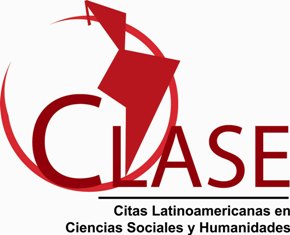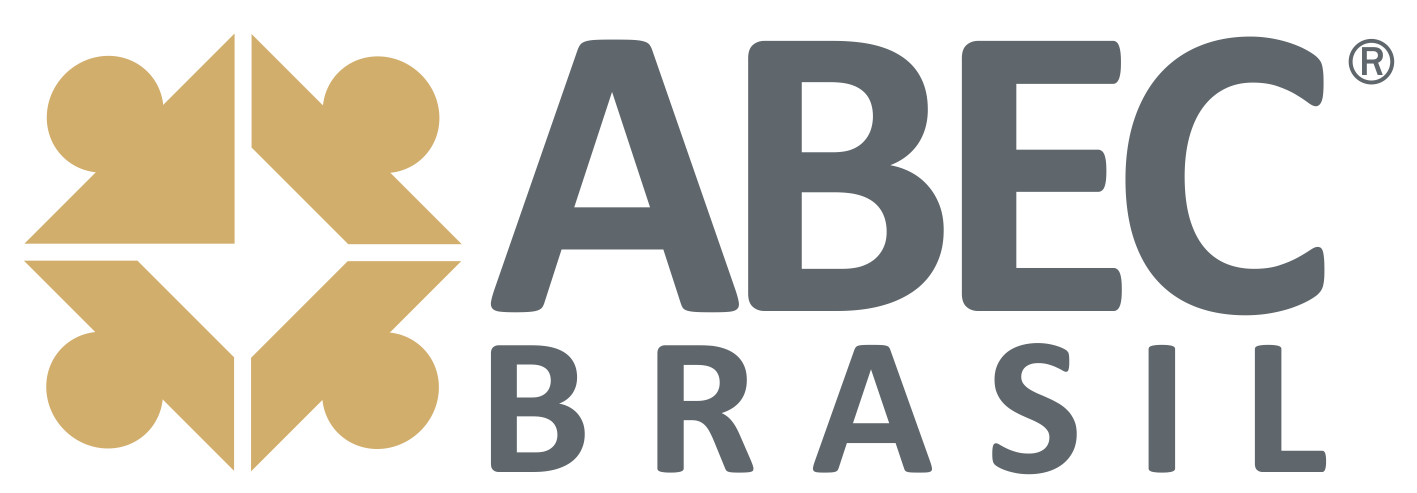A inclusão social e cultural de educandos com deficiências e Transtornos Globais do Desenvolvimento (TGD) no ensino regular
DOI:
https://doi.org/10.22169/revint.v16i39.2112Abstract
The learning of students in the acceleration classes in regular education requires pedagogical changes in the teachers’ practice. Therefore, it is necessary to be guided by concepts that favor social and cultural inclusion and the definition of priorities for the teaching and learning process. The article aims to identify the perception of school agents and students concerning social and cultural inclusion, considering the students’ reality. The research had a qualitative approach, based on Triviños (1987), Freire (1996), Mantoan (2003), Arroyo & Silva (2012), Blanco (2003) among others, and involved observations in the pedagogical practice of teachers in the classroom, in meetings with parents, in the student evaluation board meetings and semi-structured interviews with teachers and students. The research field was an acceleration class (6th and 7th Years of Elementary School) in a public school in the state of Paraná. The material for the research used as reference Physical Education, Mathematics, History, Portuguese, Geography, and Science subjects. The results showed that: adverse conceptions overlapped with favorable ones regarding the social and cultural inclusion of students, which interfered in the learning process; the pedagogical practice and monitoring of students tend to prioritize specific aspects of the pedagogical practice to the detriment of its dimension of totality. There is evidence of the belief that students do not learn because they do not dedicate themselves to their studies or that they have disabilities and disorders that prevent them from learning. There is also a lack of teachers’ knowledge about the concept of flexible curriculum, curriculum adaptation and assessment, cited in the literature. It was also noticed an emphasis on learning centered on content teaching, making it difficult for students to build critical, reflective and creative thinking in the teaching and learning process.
Downloads
References
ARROYO, M.; SILVA, M. R. da (Org.). Corpo-infância: exercícios tensos de ser criança – por outras pedagogias dos corpos. Petrópolis: Vozes, 2012.
BRASIL. Lei n. 13.146, de 6 de julho de 2015. Diário Oficial da União, Poder Legislativo, Brasília, DF, 7 jul. 2015. Disponível em: <http://www.planalto.gov.br/ccivil_03/_ato2015-2018/2015/lei/l13146.htm>. Acesso em: 15 jun. 2019.
FREIRE, P. Pedagogia da autonomia: saberes necessários à prática educativa. São Paulo: Paz e Terra, 1996.
MARTINS, P. L. O. Didática Teórica. Didática Prática. Para além do confronto. São Paulo: Loyola, 1993.
MARTINS, P. L. O. A didática e as contradições da prática. 2. ed. Campinas: Papirus, 1998.
SANTOS, O. J. dos. Pedagogia dos conflitos sociais. Campinas, SP: Papirus, 1992.
Secretaria de Estado da Educação Superintendência da Educação Departamento De Educação Básica. Programa de Aceleração de Estudos Orientações Pedagógicas. Curtiba: PR: SEED/SED/DEB, 2015. Disponível em: http://www.gestaoescolar.diaadia.pr.gov.br/arquivos/File/programa_aceleracao_estudos/pae_documento_orientador.pdf> Acesso em: 3 Mai 2020.
VYGOTSKY, L. S. A formação social da mente. São Paulo: M. Fontes, 2001.
Downloads
Published
How to Cite
Issue
Section
License
Os direitos autorais dos artigos publicados na Revista são de acordo com a licença CC-BY-ND - Creative Commons ( https://creativecommons.org/licenses/by-nd/4.0/legalcode)
Esta licença permite que outras pessoas reutilizem o trabalho para qualquer finalidade, inclusive comercialmente; no entanto, não pode ser compartilhado com outras pessoas de forma adaptada e o crédito deve ser fornecido ao autor.
Os direitos autorais dos artigos publicados na Revista são do autor, com os direitos de primeira publicação para a Revista





























